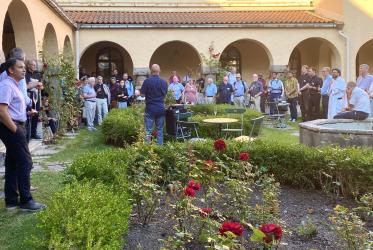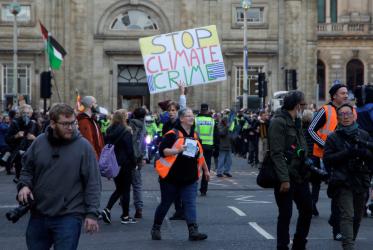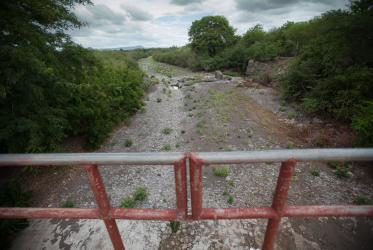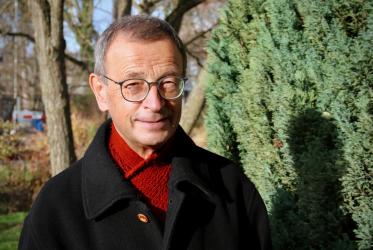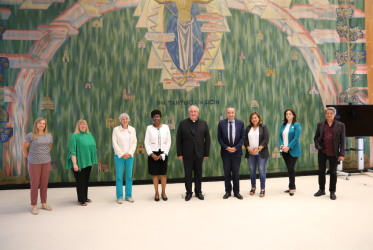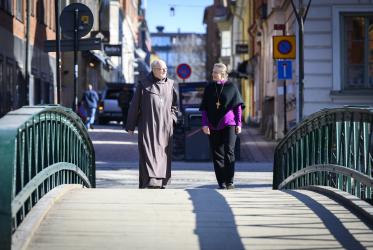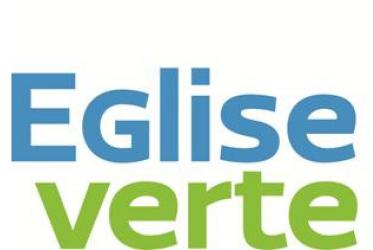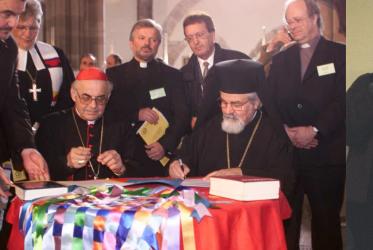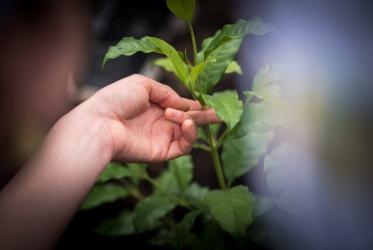Displaying 21 - 40 of 234
13 September 2022
Uppsala 1968: The times, they were a’changing
06 September 2022
Brother Alois: Faith in Christ means strengthening unity
21 December 2021
Church of Sweden publicly apologises for abuse of Sámi people
26 November 2021
Féderation protestante de France visits WCC
01 September 2021
Online spiritual dialogue fulfils growing needs
15 July 2021
Ecumenical conference features theological reflections on ecology
16 February 2021
In pictures: Week of Prayer for Christian Unity
01 February 2021


